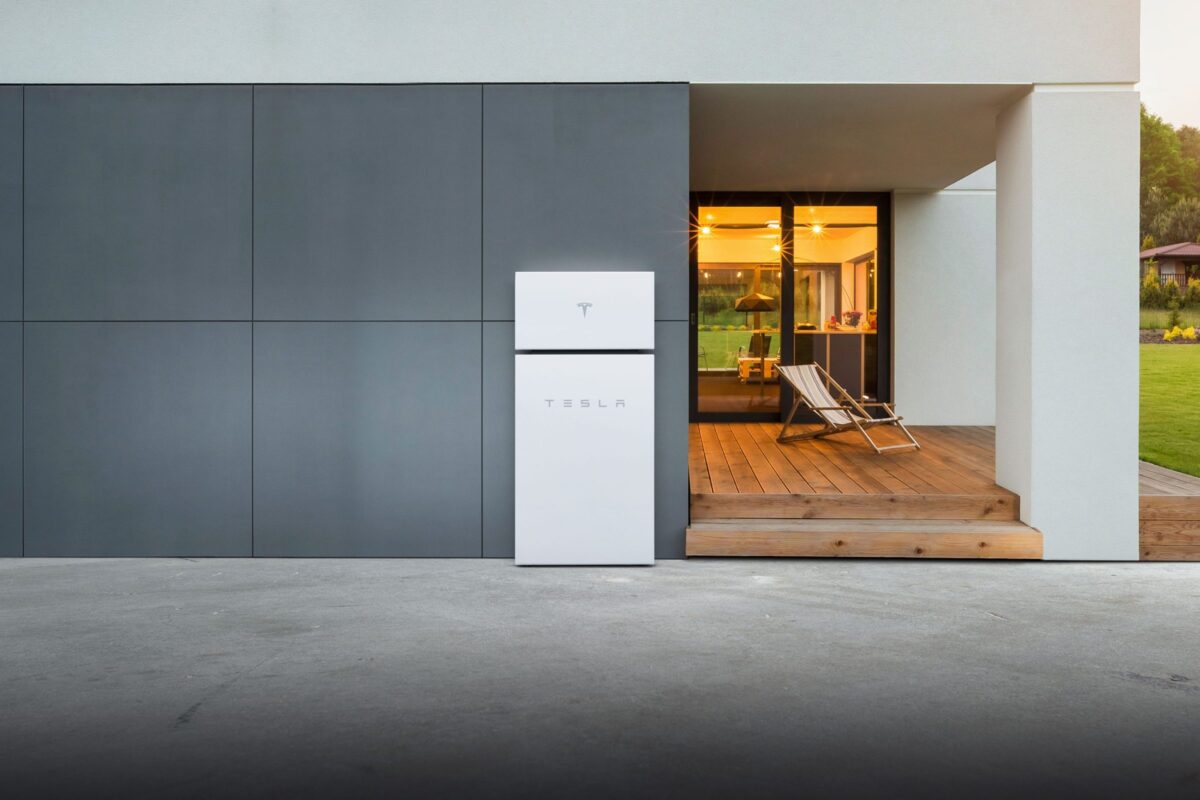As a large power company in the South with major investments in natural gas and nuclear generation, Dominion is not a name that has been associated much with solar. However, utility subsidiary Dominion Virginia Power took a major step into solar technology with the release of its latest long-term plan yesterday.
According to the utility’s 2017 Integrated Resource Plan (IRP), Dominion Virginia Power plans to sign contracts with at least 990 MW of utility-scale solar projects owned by third parties over the next five years, if given approval by state regulators.
This is all the more remarkable given the limited amount of solar in Dominion’s service area. The utility claims only 8 MW of solar under construction, and GTM Research put Virginia 20th among states by installed capacity at the end of 2016.
However, this may already be changing. In 2015 the company made a commitment to develop 400 MW of solar in Virginia by 2020, and the 990 MW will add to this, as the utility plans for 950 MW of this solar to be located in North Carolina.
The reason Dominion cites for the move is simple: the price is right. “For the first time, the subsidized costs of utility-scale universal solar power are expected to be low enough to make it a component of future generation additions at reasonable cost to our customers,” say Dominion Generation Group CEO Paul Koonce.
This does not mean that Dominion plans to abandon its gas or nuclear facilities. In fact, the company is planning to build 1.37 GW of new gas plants by 2032, which it says will help to balance its solar generation. Dominion is also planning to maintain its two nuclear power plants, and to add a third 1.45 GW unit to its North Anna 3 nuclear plant by 2030.
“We believe this balance of solar, natural gas and nuclear hits the sweet spot in terms of cost, environmental performance and reliability for our customers,” explains Koonce.
One reason for all the solar and nukes is that Trump Administration or no, Dominion is expecting future national and state policies to include limits on greenhouse gas emissions. “The federal government remains under a legal requirement to address carbon as a regulated pollutant,” notes Koonce.
“Dominion will continue moving toward cleaner power sources with lower emissions, whether the Clean Power Plan lives or dies…Our customers want more renewable energy, and changing economics make the transition to renewable resources easier, with the ‘installed cost’ of solar having dropped 50 percent over the past four years.”
And while Dominion appears sure about its solar investments, even while planning for North Anna 3 the company is not able to ensure that the project will pencil out. Dominion was ordered to perform an “optimum timing analysis” for the project, and found that from a least cost-perspective, the optimum time to put the plant on was beyond the term of all of its alternative plans, and moved the project to the last date of its study period.
And while Dominion appears ready to dedicate significant investments to studying how to optimally integrate large volumes of solar on the electricity grid, the company’s plans to deploy large volumes of solar while maintaining and expanding its nuclear fleet will collide at some point in the future.
Existing nuclear reactors are the least flexible conventional resources, and as stressed yet again in an April study by Climate Policy Initiative, grids with high penetrations of renewable energy require a great deal of flexibility from the remainder of their generation fleet.
This content is protected by copyright and may not be reused. If you want to cooperate with us and would like to reuse some of our content, please contact: editors@pv-magazine.com.









By submitting this form you agree to pv magazine using your data for the purposes of publishing your comment.
Your personal data will only be disclosed or otherwise transmitted to third parties for the purposes of spam filtering or if this is necessary for technical maintenance of the website. Any other transfer to third parties will not take place unless this is justified on the basis of applicable data protection regulations or if pv magazine is legally obliged to do so.
You may revoke this consent at any time with effect for the future, in which case your personal data will be deleted immediately. Otherwise, your data will be deleted if pv magazine has processed your request or the purpose of data storage is fulfilled.
Further information on data privacy can be found in our Data Protection Policy.